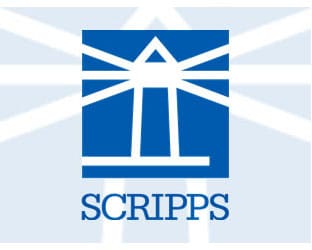The American Cable Association (ACA) and a trio of independent programmers on Friday told the FCC that “forced bundling” is the single most-important obstacle to a thriving marketplace for independent programming.
They urged the FCC to promote “genuine competition and viewpoint diversity for consumers.”

“The record so far reveals the widespread agreement that the FCC must address forced bundling of unwanted channels to meaningfully aid diverse and independent programming, and the viewers who value such programming,” ACA President/CEO Matthew Polka said. “Bundling is the principal concern not just of ACA’s members, but also of the independent programmers themselves.”
ACA set forth its views in joint reply comments filed on Feb. 22 with MAVTV Motorsports Network; co-owned One America News Network and AWE (formerly WealthTV); and Ride TV. The parties filed these reply comments in an FCC rulemaking that ACA says is “focused on ways to promote the availability of diverse and independent sources of video programming.”
Bundling is an industry practice that see programmers require multichannel video programming distributors (MVPDs) to take a package of channels, rather than via an a la carte arrangement. ACA contends this leads to higher cable bills and “less consumer satisfaction because pay-TV channel guides become crammed with unwanted programming.”
Additionally, ACA believes channel bundling “often eliminates the possibility of MVPD carriage of independent programmers.”
A key frustration point for ACA is “most-favored nation” (MFN) clauses and alternative distribution method (ADM) provisions it finds unreasonable.
ACA and the independent programmers said the FCC, in addressing ways to improve the market, should also examine the negotiating tactics of broadcasters.
“At a minimum, the FCC should eliminate bundling from the list of conduct that is presumptively consistent with good faith conduct in broadcast carriage talks,” Polka said. “This practice has real, anti-competitive implications, making it more difficult for channels not affiliated with a top-rated broadcast station to obtain carriage.”




